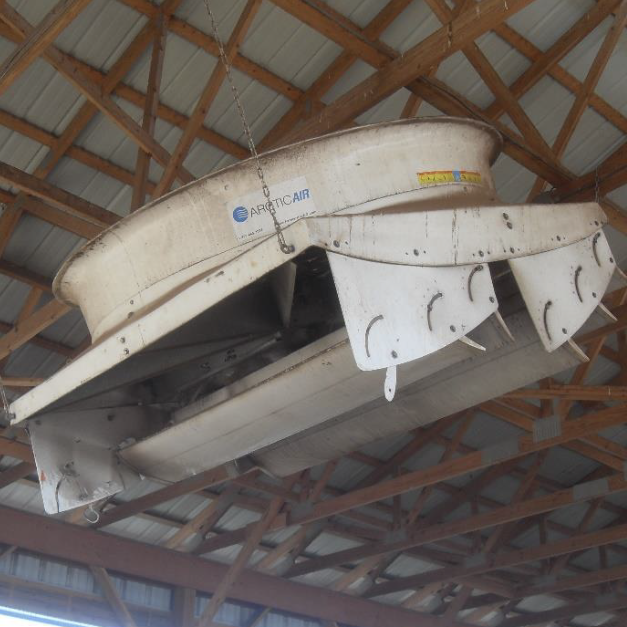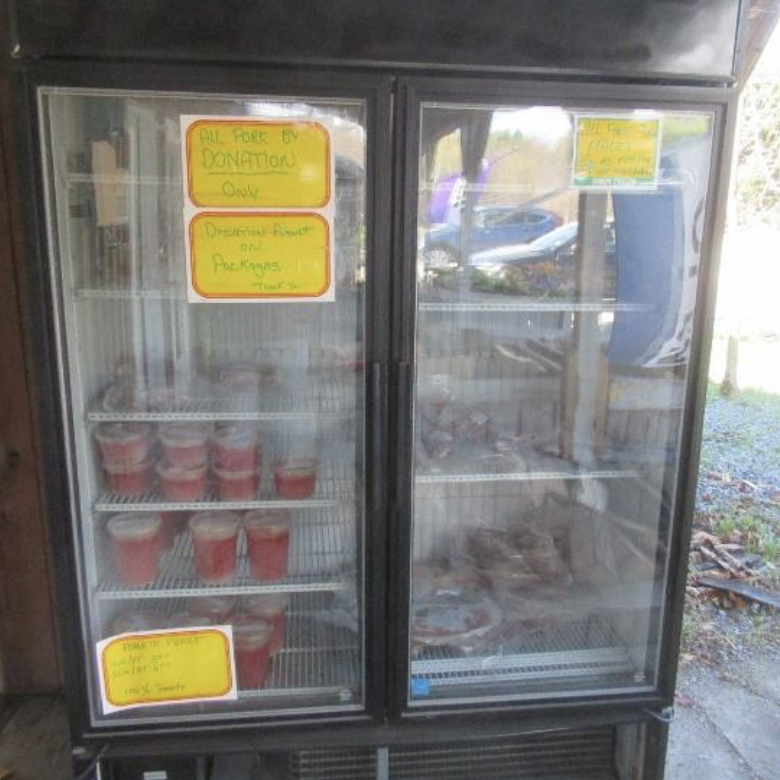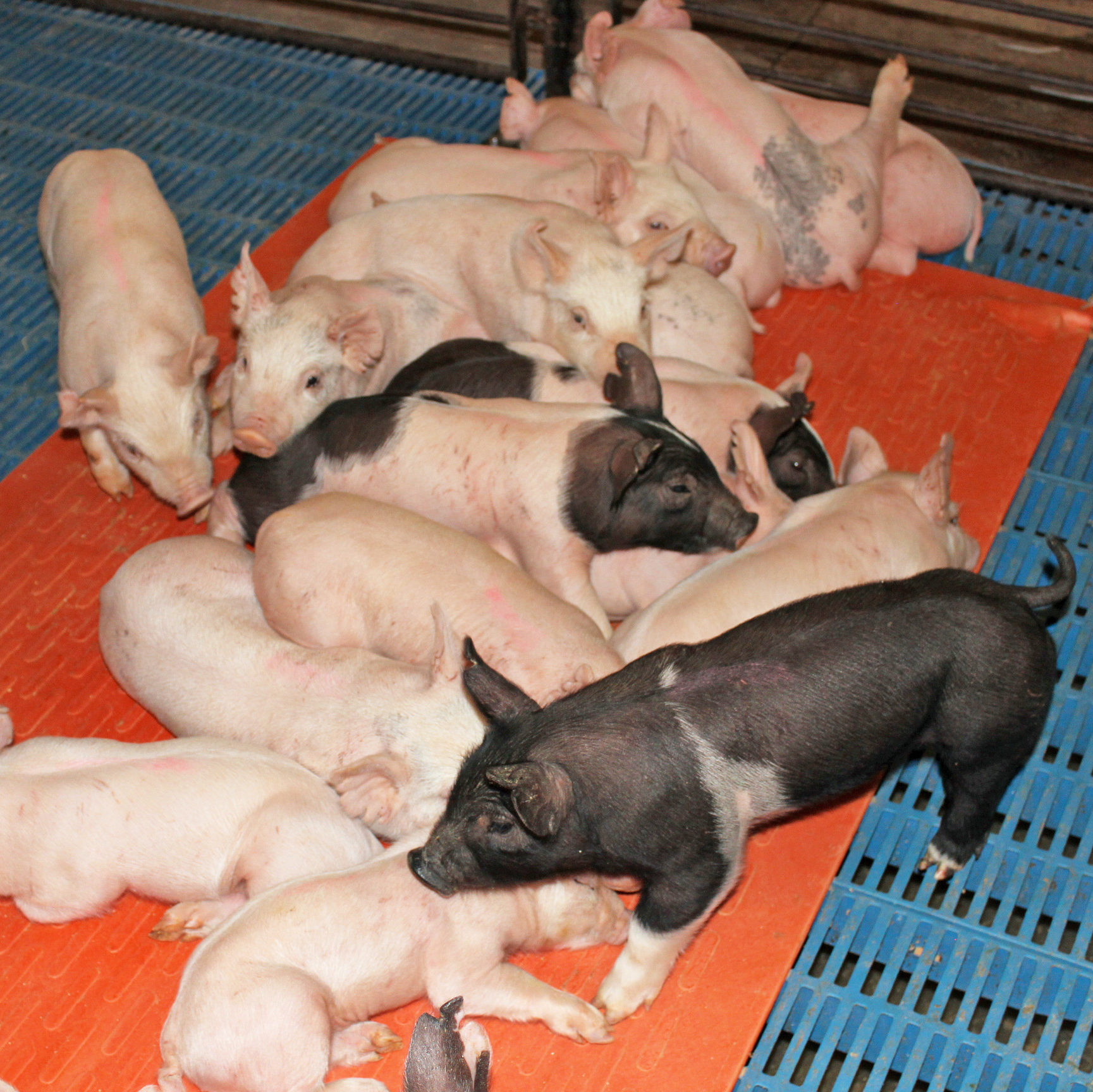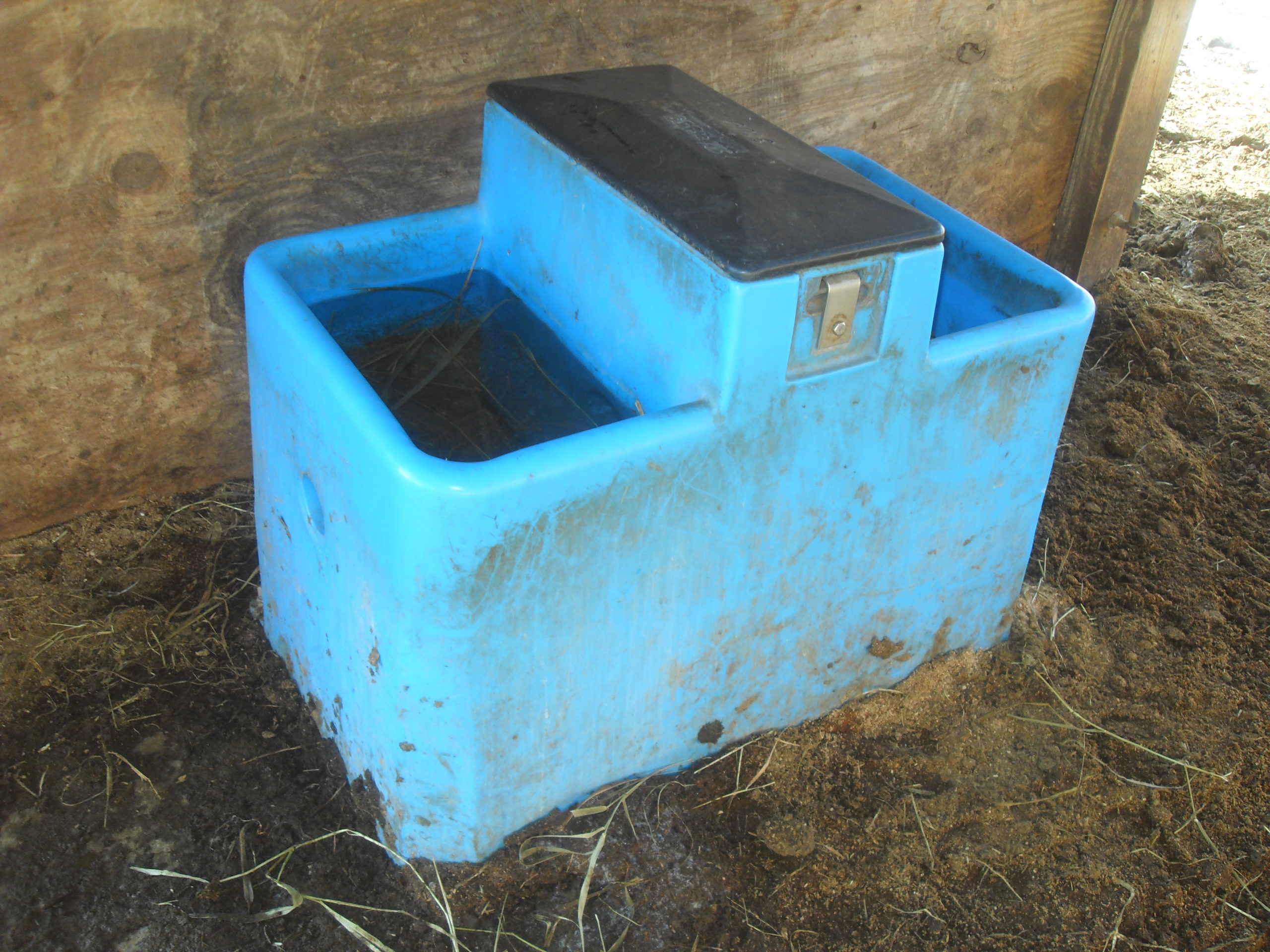Livestock
Energy Saving Measures for Cattle and Swine Farms
This page discusses measures that apply to most livestock farms in New York State, especially those raising cattle or swine but also farms raising goats, sheep, horses and other animals. These include smaller farms with just a small number of animals and up to larger farms with head counts in the thousands. For poultry farm energy efficiency guidance and incentives, visit our Poultry Sector page. It is recommended that you also check out the Cross-Farm Technologies page where you will find applicable measures for multiple farm types, and measures relating to lighting, space heating, and preventative maintenance.
Explore the subject areas linked to below or by downloading fact sheets about them. If you are interested in more detailed information or support, sign up for a free energy assessment or contact us for general support.

Ventilation
Ventilation at beef and livestock farms includes systems to move air in and out of the animal areas as well as air circulation within the barn. Measures to save energy will typically require capital expenditures, therefore these measures are best applied to areas where the fans operate for more than 20 hours weekly, on average.
Refrigeration
Refrigeration at beef and livestock farms includes systems to store meat either frozen or unfrozen until distribution. This is accomplished with small refrigerators such as those found in a household, or with larger units such as 6’x6’ (or larger) walk-in boxes or units with a glass door for merchandising.


Animal Heat Mats
Heat under animals tends to be more practical and economical than heat lamps. Heat is not lost because the heat source is completely utilized by the litter. When heat lamps are used for breeding swine, heat travels to the sow and is not sufficiently provided to piglets, which negatively impacts the safety of piglets. Heat mats provide a warm zone for piglets, encouraging them to stay at a safe proximity to the sow.
Livestock Waterers
Energy-free livestock waterers are insulated so that heat from the ground can prevent water from freezing. There are many versions of these for sale on the market and many farms have found them to be effective. It is recommended that the existing livestock waterers be replaced with energy-free livestock waterer.

